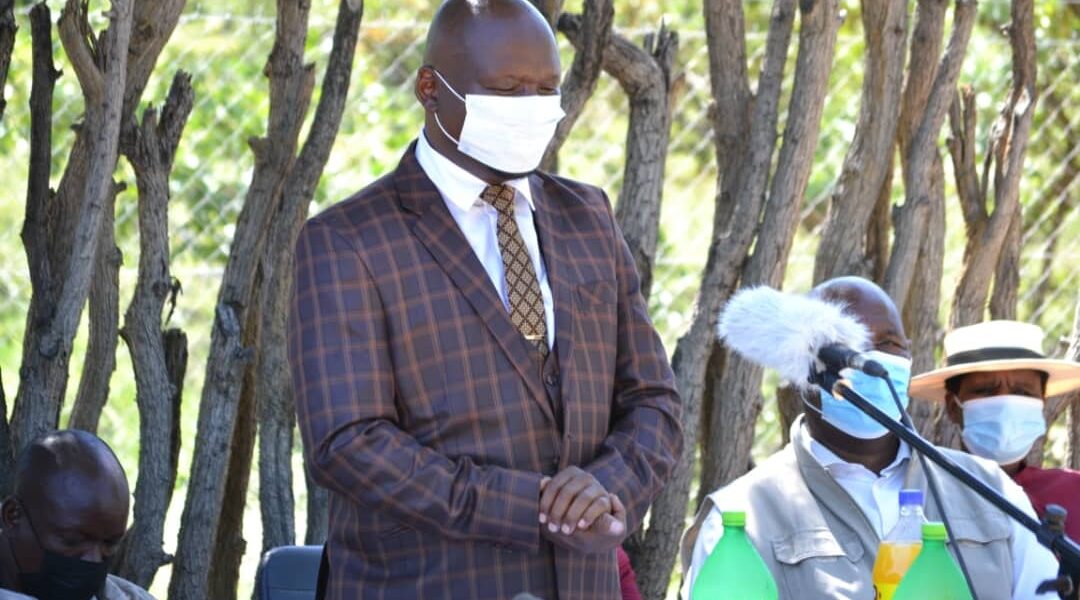- BFTU says MP’s call makes perfect sense
- Bargaining Council is “perplexed”
- Salary negotiations to start on 24 February
MPHO MATSHEDISO
The MP for Palapye, Onneetse Ramogapi, says introduction of a living wage and a 20 percent raise on public service salaries is desirable because they would have a domino effect on the private sector.
Speaking in Parliament recently, Ramogapi said the government should increase civil servants’ salaries by 20 percent because life has become expensive and utility tariffs have skyrocketed.
“Food prices have increased, VAT has been increased and vehicle licence registration fees have been increased,” he said.
Approached by The Botswana Gazette to elaborate, Ramogapi said the government should do away with the minimum wage.
“A living wage can be introduced in different categories such as individual living wage and family living wage according to households,” he added. “For small businesses that may be struggling, an assessment could be conducted to determine affordability.”
The UDC legislator said Botswana has the capacity to increase public sector salaries by 20 percent. “Dr Thapelo Matsheka said there was a 37 percent wastage in our budget when the former finance minister delivered the budget speech in 2021 while Peggy Serame said corruption is the elephant in the room when she delivered her budget speech recently,” he pointed out.
At the Botswana Federation of Trade Unions (BFTU), Secretary General Thusang Butale says the call for a 20 percent increase in public sector salaries is a starting point. “The rise in the cost of living justifies the proposal,” he said in an interview, adding that unions in the private sector should engage employers to the same end.
However, the Bargaining Council says it perplexed how the legislator arrived at the 20 percent figure without applying a means test in order for a clearer grasp of the state of the country’s economy. Allan Keitseng who represents the Botswana Government Workers Union, the Trainers and Allied Workers Union and the Botswana Doctors Union on the Bargaining Council, told The Botswana Gazette that there is a lot to take into consideration before arriving at an appropriate figure for a salary increase.
“There are also fiscal policies and other things that influence these policies which are agreements made between the country and international organizations such as the World Bank,” Keitseng said. “These policies would stipulate that the wage bill should be a certain percentage of the Gross Domestic Product.”
“Negotiations will start on 24 February and I hasten to mention that once you start to implement a level it becomes difficult to reduce it. That is why there in cases of retrenchment we could not use cumulative inflation to determine an increase.”

